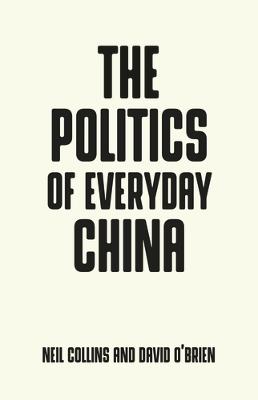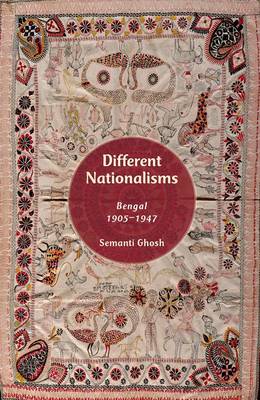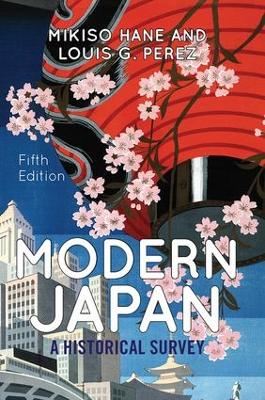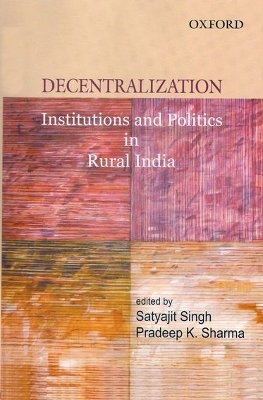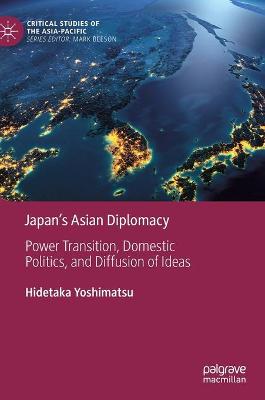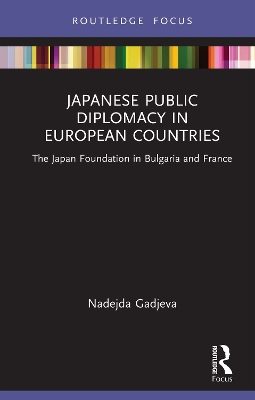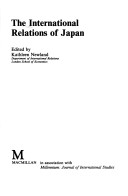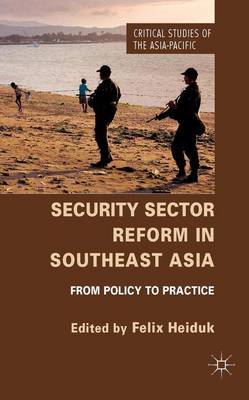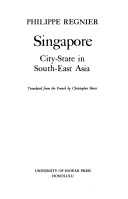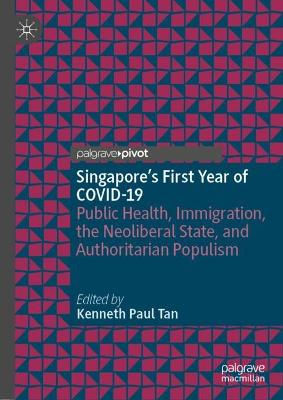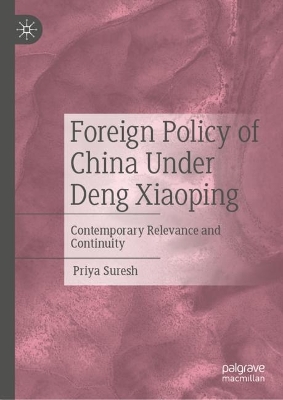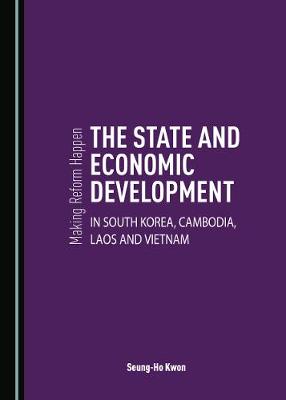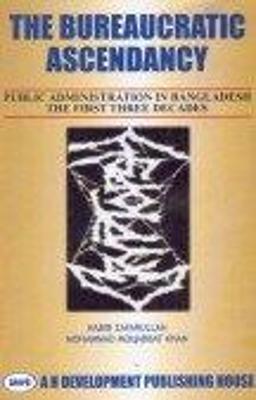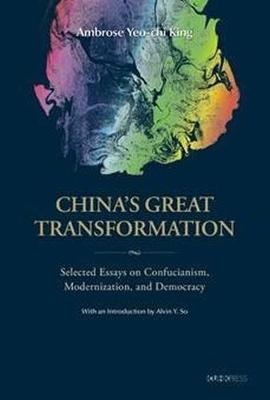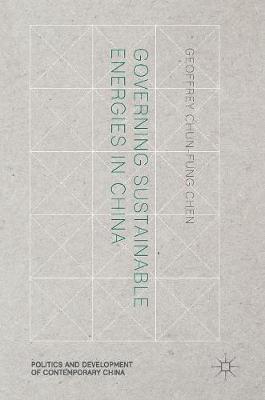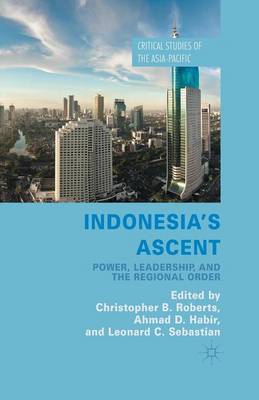The Politics of Everyday China (Pocket Politics)
by Neil Collins and David O'Brien
China's rise from the poverty, isolation and stagnation of the 1970s to the world's second largest economy is a transformative event perhaps unequalled in human history. The world today pays more attention to China, looks to it with more admiration than perhaps any other time. Yet, this rise also hides many deep-rooted problems and competing ideologies. Economically, socially and politically China has transformed itself but there is much that remains uncertain. This book aims to give an insight...
The period between the partition of Bengal in 1905 and the Partition of India in 1947 was witness to a unique experience of 'imagining' nations in Bengal. With neither the Bengali Muslims nor the Bengali Hindus envisioning homogenous ideas about nationhood, many contesting and alternative visions emerged, both within and between the two communities. These 'other' nationalisms were not 'anti-national', but creeds of either a 'federal Indian nation' with 'regional autonomy', or a 'regional nation'...
Integrating political events with cultural, economic, and intellectual movements, Modern Japan provides a balanced and authoritative survey of modern Japanese history. A summary of Japan's early history, emphasizing institutions and systems that influenced Japanese society, provides a well-rounded introduction to this essential volume, which focuses on the Tokugawa period to the present. The fifth edition of Modern Japan is updated throughout to include the latest information on Japan's interna...
Decentralization
This comprehensive volume looks at local governments in rural India as an opportunity to broaden the democratic structure and space for popular participation in local governance. It reviews select state models of decentralization in the country and assesses the form of democratic development possible through the institution of local governments. The work represents an emerging genre of literature on decentralization that is not judgmental on the various approaches to decentralization. It neither...
Japan's Asian Diplomacy (Critical Studies of the Asia-Pacific)
by Hidetaka Yoshimatsu
This book provides a comprehensive analysis of Japan's Asian diplomacy under Prime Minister Shinzo Abe. Under the Kantei-centred policymaking system, Shinzo Abe has implemented assertive foreign policies with a slogan of 'diplomacy taking a panoramic perspective of the world'. The analyses in the book cover the traditional and emerging fields of national security and international political economy. While its empirical examination is based on field-specific research, it also incorporates the ana...
Japanese Public Diplomacy in European Countries (Routledge Contemporary Japan)
by Nadejda Gadjeva
To address the issue of the lack of integration and common policy among Japan's cultural promotion actors and institutions, Gadjeva explores an integrated approach for Japanese public diplomacy through public-private partnerships. She examines the potential of the Japan Foundation as a central public diplomacy actor in Europe, facilitating a Public-Private Partnership Platform. Focusing on France and Bulgaria, Gadjeva observes the Japan Foundation's role, contributions, and activities implemen...
Japan's emergence as an economic superpower has cast a spotlight on its political and financial relations with the rest of the world. In this book nine scholars from Britain, the US and Japan examine aspects of Japan's international role, ranging from its bilateral relations with China and the Soviet Union, through its direct investment in the American market, to the evolution of its aid to the Third World. They also explore the nature of Japanese power, and its durability. There is little doubt...
Security Sector Reform in Southeast Asia (Critical Studies of the Asia-Pacific)
Successful reform of the security sector has been regarded as pivotal for a successful transition from authoritarianism to democracy by Western donors. A global cast of contributors examines SSR in a variety of policy fields in Southeast Asia, paying specific attention to the adaption of 'Western' reform concepts by local actors.
The author examines the economic and political aspects of the complementary and conflictual relations of Singapore, the cosmopolitan but Chinese-dominated city-state, with its two large neighbours Malaysia and Indonesia and with the other developing countries of the region. The author argues that this provides a key to understanding the tensions and movements which have affected ASEAN since the 1960s. The nature of Singapore's functions in the region, combined with the lessons of history, help t...
Singapore's First Year of COVID-19
This book addresses the question of what Singapore's COVID-19 pandemic response in the first year can tell us about the strengths and weaknesses of the Singapore model and what its prospects might be in an increasingly volatile, uncertain, complex, and ambiguous post-pandemic world. As a concise, holistic, and critical documentation of the first year of COVID-19 in Singapore, the multi-disciplinary chapters in this book provide a broad-ranging analysis of an internationally admired model of gove...
The book examines, linking two key variables – ‘political leadership’ and ‘foreign policy’ – the role of Deng Xiaoping in China’s foreign policy shift after Mao in politico-strategic and economic domains. The book finds out that guided by his own personality, worldview, experience, pragmatism, belief and style Deng attempted to resolve the long-standing domestic and foreign policy issues. Most importantly, Deng moved from the primacy of politics to economic modernisation which resulted in far-r...
This book provides readers with a holistic picture of government reform activity in four countries-namely, South Korea, Cambodia, Laos and Vietnam-located in East and Southeast Asia. The case study of each country offers a detailed understanding of their respective reform trajectories and the context within which actions have been taken.
China and India in Central Asia (St Antony's) (CERI Series in International Relations and Political Economy)
This book looks at how China and India's growing interests in Central Asia disrupt the traditional Russia-U.S. 'Great Game' at the heart of the old continent. In the years to come, both Asian powers are looking to redeploy their rivalry on the Central Asian and Afghan theatres on a geopolitical, but also political and economic level.
Ambrose Yeo-chi King has been a pioneer since the mid-1960s theorising China’s modernisation process. China’s Great Transformation: Selected Essays on Confucianism, Modernization, and Democracy is a collection of his papers published between 1975 and 1997. These two decades are turning points for China as we observed the following dramatic historical trends—the shift from revolutionary Maoism to Four Modernizations in mainland China, the unexpected democratic transition in Taiwan, and the rise o...
Governing Sustainable Energies in China (Politics and Development of Contemporary China)
by Geoffrey Chun-fung Chen
This book examines sustainable energy development in China, a non-liberal state, as a counterexample to conventional wisdom that effective policy outcomes are premised on the basis of decentralized governance. The use of sustainable energies as part of the solution for stabilising global warming has been promoted in industrialised countries for the past three decades. In the last ten years, China has expanded its renewable energy capacity with unprecedented speed and breadth. This phenomenon see...
Indonesia's Ascent (Critical Studies of the Asia-Pacific)
This volume explores the domestic and transnational considerations associated with Indonesia's ascent, referring to its rise in terms of hard and soft power and its likely trajectory in the future. The range of contributors analyse economic resources, religious harmony, security, regional relations, leadership and foreign policy.
Politics of Modern Maharashtra

